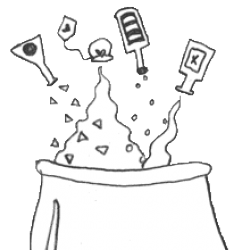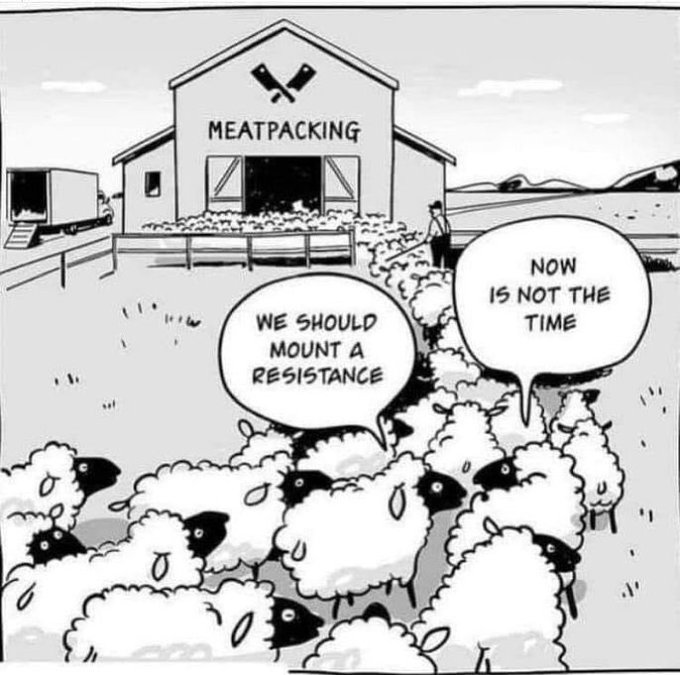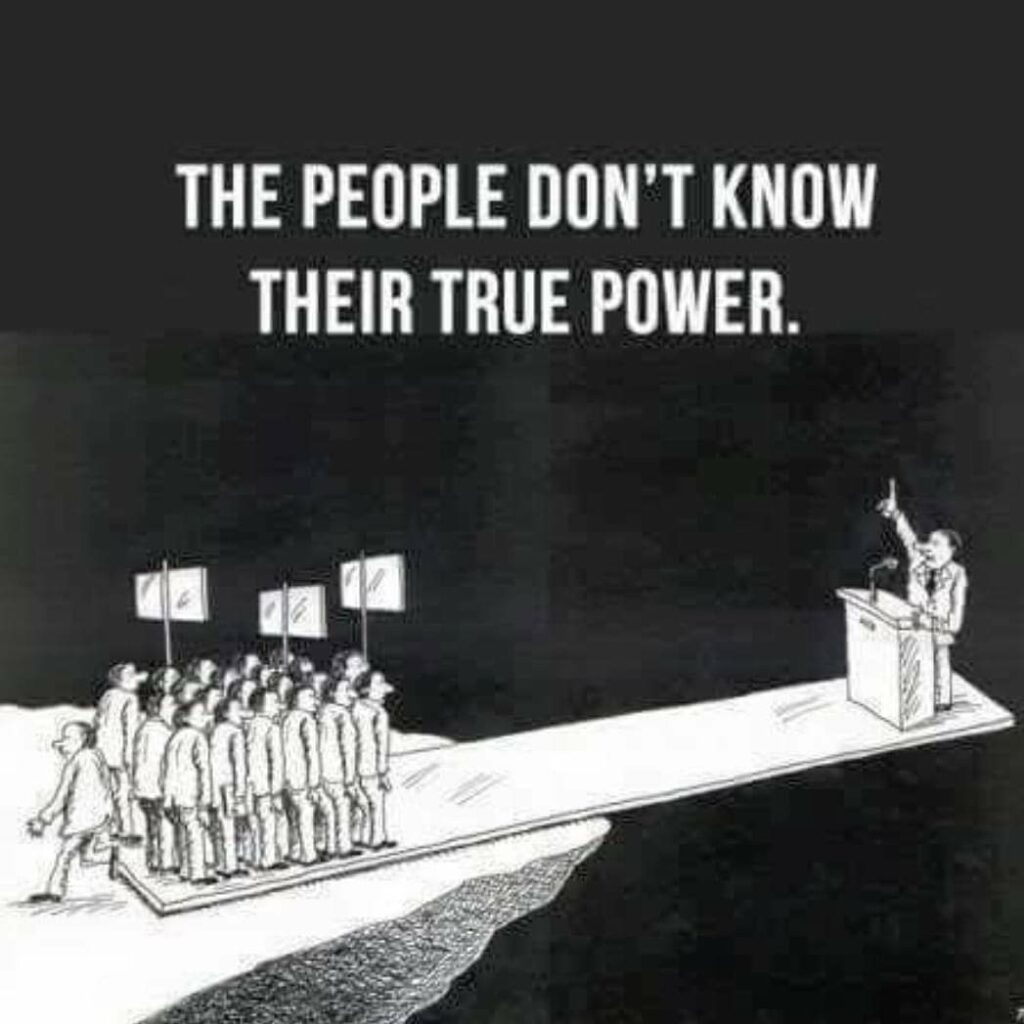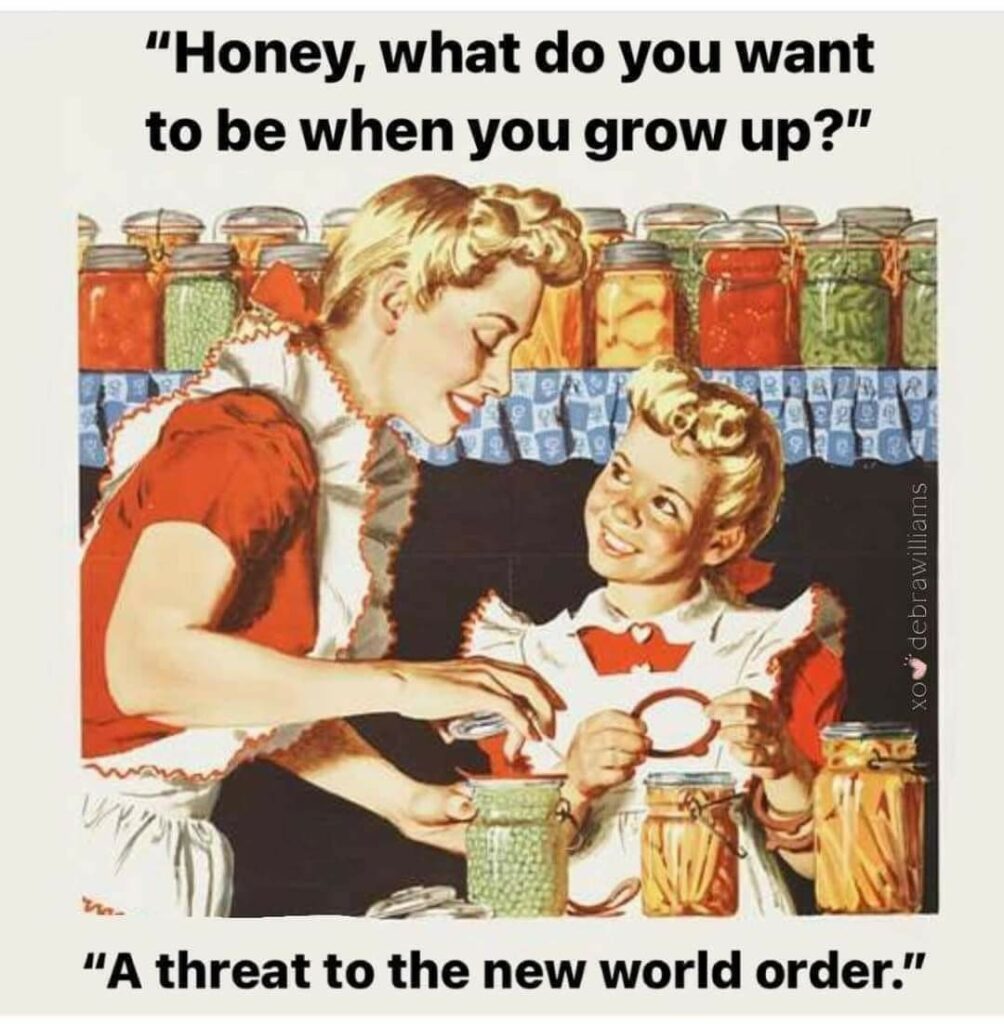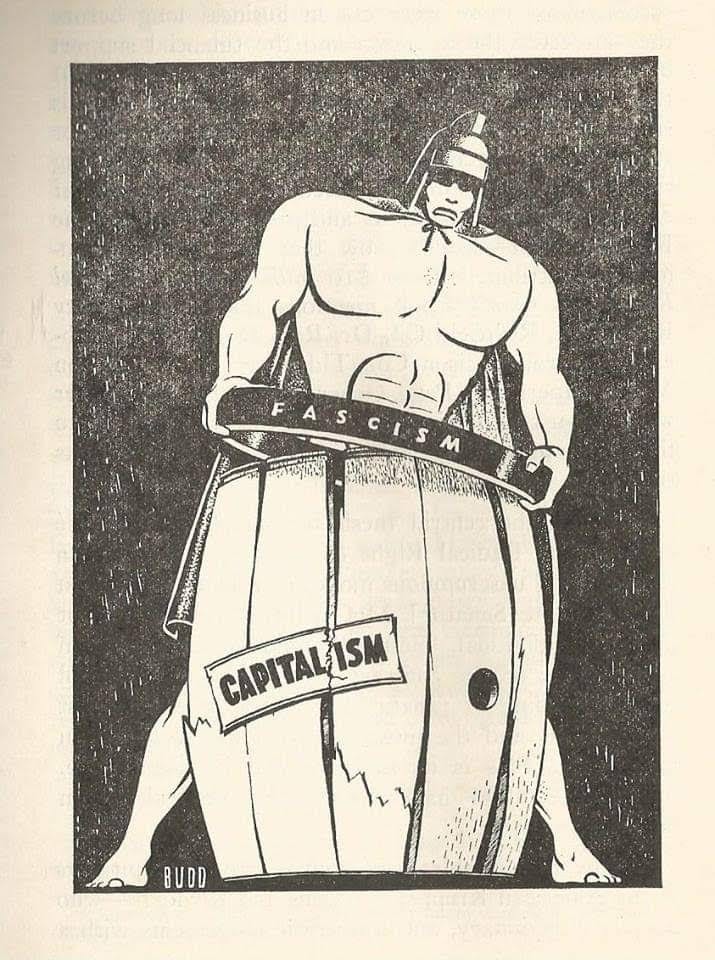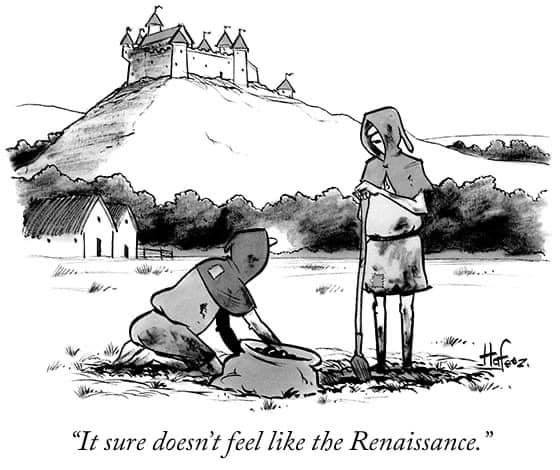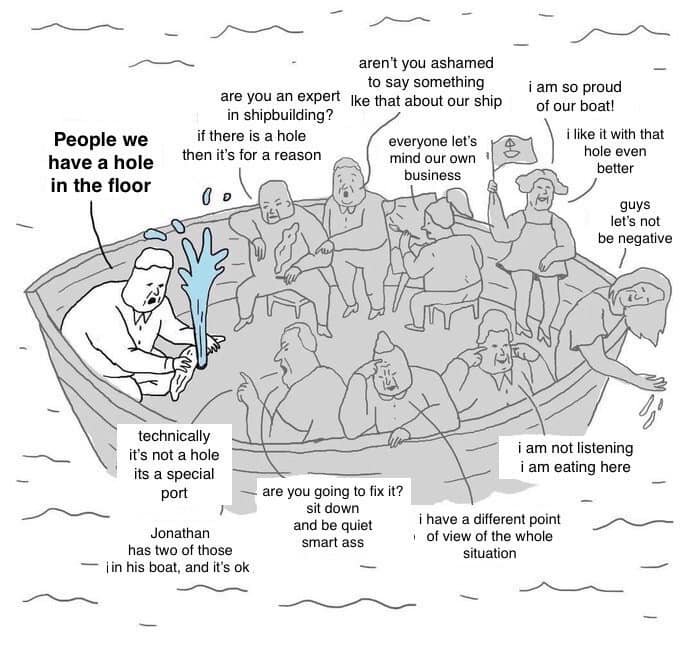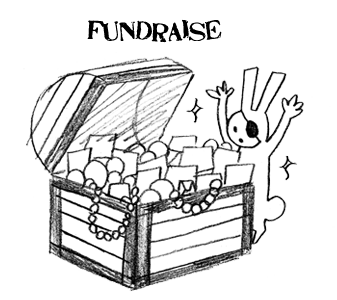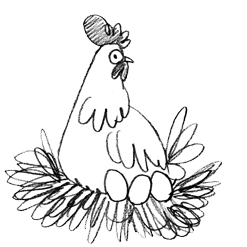We need to look at our paths and current the controversy in “diversity” in our #deathcult worship, to see the need to compost more of the current mess. The problem with “pushing diversity” isn’t diversity itself, that’s fine – essential, even – the problem is in the ideology shaping the push.
Much of it comes from #mainstreaming progressive liberalism, which operates inside the logic of the deathcult. It reduces diversity to a checklist, a branding exercise, a way to appear “inclusive” while leaving power untouched, not liberation, more about management.
When we enter into this mess, conversations about diversity collapse into the mixing of right and left framings, with too much suspicion on all sides, endless accusations. Instead of solidarity, we end up with #blocking. Instead of building, we burn out. The is no good outcome.
This is the normal worship of the #deathcult, the endless loop of optics and control, where movements fracture and collectives suffocate with “diversity strategies” that have no relation to grassroots realities.
The path as ever is compost. Take the mess – the liberal tokenism, the reactionary backlash, the burnout – and compost it into something alive. Composting means, returning to grassroots voices, not #NGO checklists, seeing diversity as lived struggle, not branding. Grounding it in #4opens, where openness makes co-option harder, to turn toxic blocks into fertile soil for needed collective growth.
The #OMN path is simple: it’s not about ticking boxes or replicating liberal #NGO frameworks. It’s about federated, messy collaboration that actually works. Diversity is not a corporate slogan, more a the lived struggle. If we can compost the deathcult ideology that poisons this, diversity becomes strength rather than a management tool.
The question is, are we willing to compost the liberal mess, or do we let it keep rotting movements from the inside?

From “Woke” Capital to MAGA Capital – A Case Study
In the US, every presidential election is sold to us as a transformation of the nation. The chattering class pundits and their #fashionista followers tell us: a new people have been elected alongside a new government. Obama, Trump, Biden, each framed as a seismic cultural shift. But if you care to look, the reality is different: turnout is low, margins slim, the electoral college dulls change. What’s hyped as a national rebirth is just the normal reshuffling of the same #deathcult mess.
Still, perception matters. After Trump’s re-election, the “zeitgeist shift” rippled through politics and corporate boardrooms. Suddenly, dozens of corporations rolled back their Diversity, Equity, and Inclusion (#DEI) programs. Woke capital simply pivoted into #MAGA capital.
Liberal woke capital was about projecting inclusion as market expansion: Pride logos in June. Minorities cast in blockbuster films. “Inclusive” ad campaigns. It looked progressive, but it is the normal markets: new demographics = new customers, just sometimes the invisible hand holds a rainbow flag.
MAGA Capital, in contrast, is about disciplining workers and pleasing investors. It’s about showing loyalty to the strongman, not customers. DEI didn’t collapse because “the people rejected it.” CEOs saw an opening: align with Trump, roll back diversity, keep profits flowing.
In the media, the firings of Colbert and Kimmel crystallized this shift. Networks needed mergers approved. “Ratings” were the excuse, but raw political loyalty was the reality. This is crony capitalism: the stockholder and the strongman aligning. Trump, the fake businessman from TV, borrows legitimacy from profits and ratings, hiding authoritarianism in smoke and mirrors “democracy”. This is the logic of the #deathcult: all values are disposable, as long as accumulation continues.
Lessons for the #OMN path. The shift from Woke to MAGA shows how fragile diversity is when it’s managed as a brand. It’s reversible, hollow, and always subordinated to capital. For the #OMN and the #openweb reboot, the lesson is simple: Don’t outsource diversity to branding exercises. Don’t confuse representation under capitalism with liberation. Don’t build systems where power pivots on a corporate whim. Instead, compost the mess. Root diversity in lived struggle. Anchor it in the #4opens so co-option is harder and collaboration is resilient.
What should be more obvious is that capital, the #nastyfew, its servants, doesn’t care about values, only accumulation. If we want diversity, inclusion, and justice to be real, we have to build them outside the #deathcult logic, in federated, grassroots spaces that don’t bend every time the political wind shifts.
The question remains: will we keep chasing the mess of spectacle – Woke vs. MAGA, or will we compost it and build something more rooted, messy, and alive #KISS





